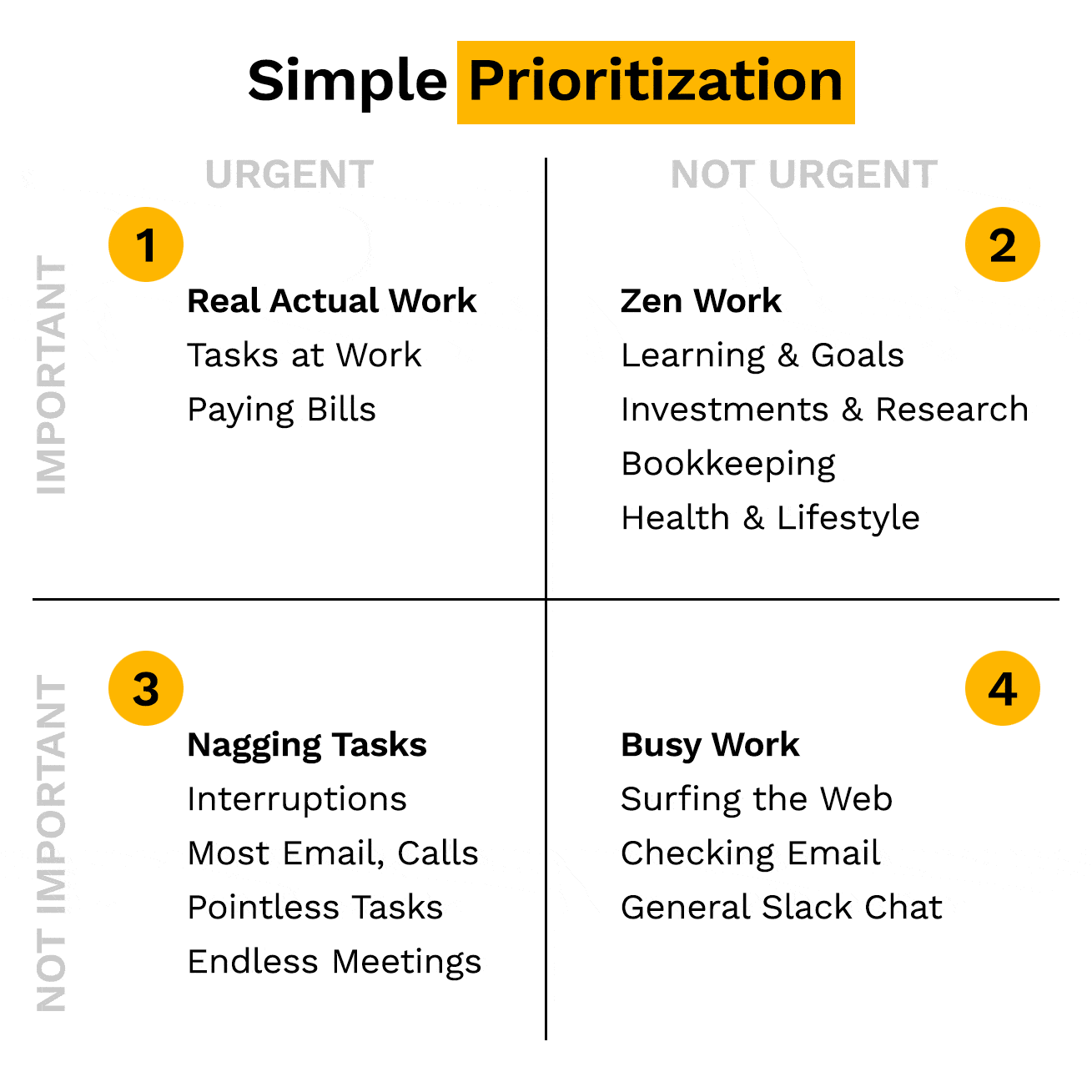As small business owners, we all know that finances are important. How else could we pay ourselves, or buy that new piece of equipment that we want, or afford to go on vacation? But doesn’t it seem like there’s always a million things to do, and bookkeeping is never at the top of your list?
I don’t know many (or any) small business owners that choose to do their bookkeeping—the task that allows you to be able to see your financial picture—over any other task. What I do know is that when small business owners ignore their bookkeeping for too long the result is a financial mess.

1. Book it in Your Schedule
Make it a breakfast or early morning date so it doesn’t get dropped at the end of the day as more urgent items come up. Spending a little time weekly will allow you to know what is happening in your business, see your cash flow situation and be able to make informed decisions about when to make purchases or what you should be focusing on in your business. Learning how to differentiate the urgent vs. important is a key step in working on your business instead of in it.

2. Break it Down into Bite Sized Pieces
 You can eat an elephant one bite at a time. With any huge project, breaking it into manageable tasks is the key to success. The same is true with your small business’ bookkeeping. The end goal in your accounting is to have reconciled accounts – this means that what happened in the real world (your bank account, credit card etc) matches what you have in your accounting software. This seems like a big project so let’s break it down:
You can eat an elephant one bite at a time. With any huge project, breaking it into manageable tasks is the key to success. The same is true with your small business’ bookkeeping. The end goal in your accounting is to have reconciled accounts – this means that what happened in the real world (your bank account, credit card etc) matches what you have in your accounting software. This seems like a big project so let’s break it down:
- Enter expenses when they happen. If you have an iPhone, the Kashoo app, and time spent waiting then you have “down time” to work on your bookkeeping. In literally seconds, you can enter the expense, take a picture of the receipt and immediately you are half-way there to reconciling
- Set up a bank feed or import your bank transactions. This will allow you to quickly add money that was deposited to your account as income.
- Start with the oldest month first. I know that it seems like you should start with the stuff that is freshest in your mind but unfortunately, we need to start with the oldest month first so that we know we have a good starting point to work forward from. (Think, opening balance.)
- If you want to learn more, join our upcoming workshop on Bank Reconciliation on Thursday, August 17 at 11:00 AM – 12:00 PM PDT or visit our Workshops page for future topics and dates.
3. Use the Information to Help Grow Your Business
A lot of small business owners I talk to think that just completing their bookkeeping is the goal. It isn’t. The goal is to use the insights that you get from having up-to-date financials to help you make better decisions for the good of your business. Things like; “When do I hire another staff member? Which clients or customers should I reach out to because they aren’t coming back? Which clients should I reach out to because they are spending more than normal and I want to thank them?” Or, any other trends that you can capitalize on. (That’s an accounting joke.)
Want to learn more about how to get insights from your financials? Check out our four-part blog on “What Your Accountant Won’t Tell You – (But Your Income Statement Will)”
Don’t let the day to day tasks and busy work sidetrack you from having the information you need to be in control of your finances! There are 4 months left in 2017 and that is lots of time to set yourself up for your best year yet!



